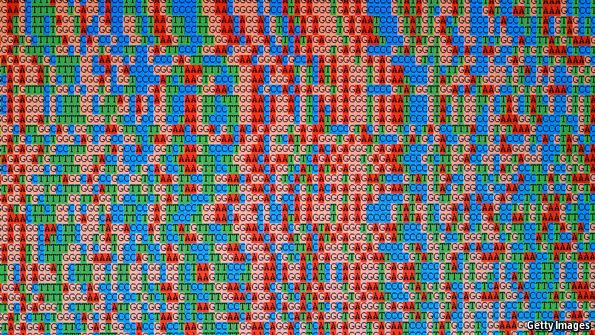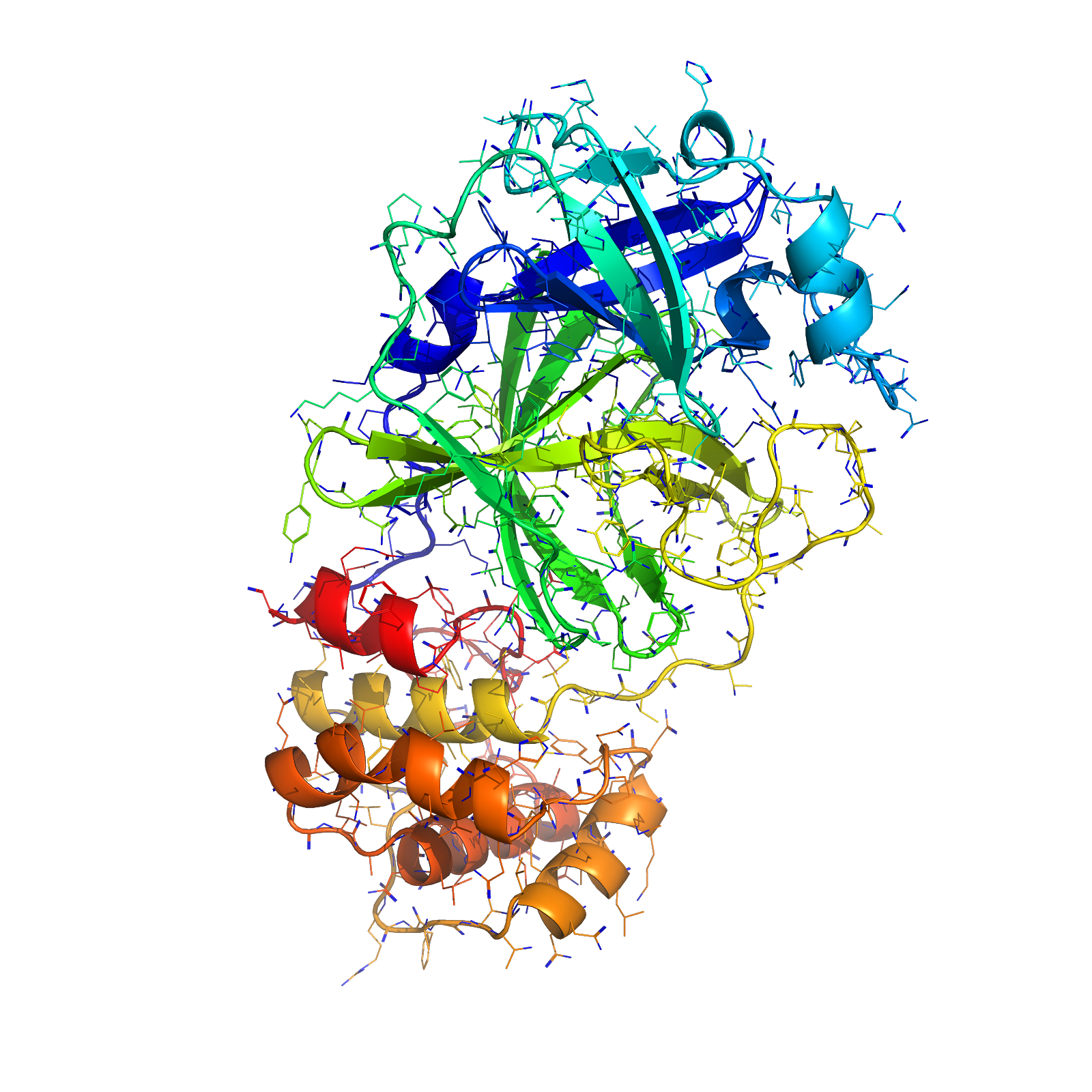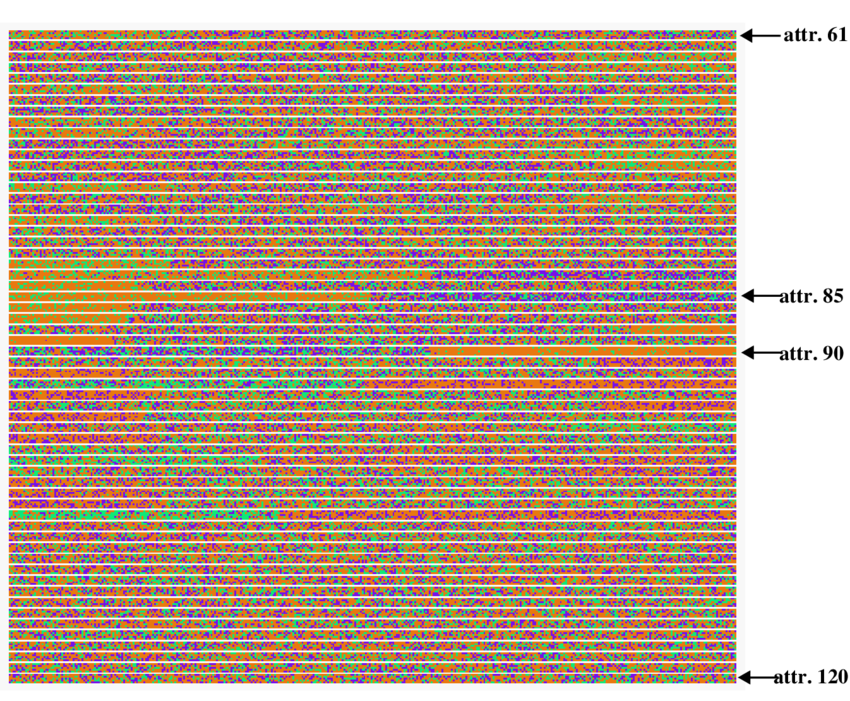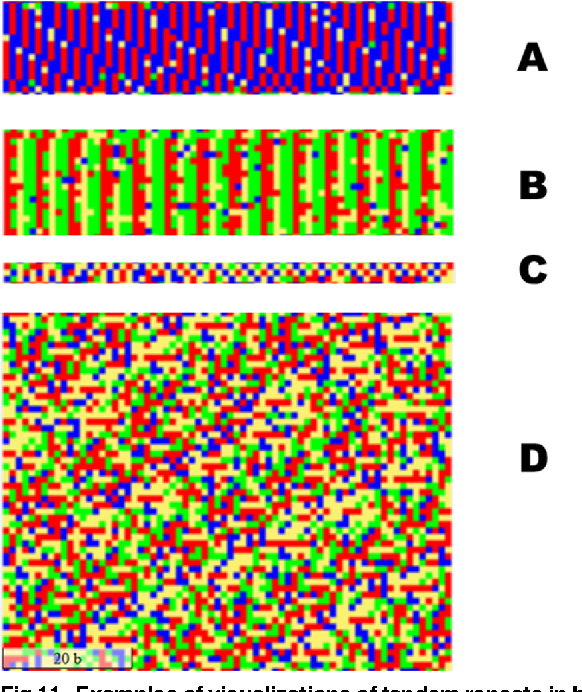teachings / x — @ online
Introduzione alla Bioinformatica
Claudia Campobasso — Degree in Biotechnology
Mario Vincenzo La Rocca — PhD in Chemical and Environmental Sciences

Category: Workshop
Level of difficulty: facile
Topics:
- genetica
- bioinformatica
- biotech
Mode: Due incontri da un'ora e mezza.
Dates:
07/05/202015.30 / 17.30
08/05/202015.30 / 17.30
It will take place at: online
Total duration: 4 hours (break not included)
Free activity
Output: competenze, skills
Recommended for
studenti, ricercatori, tutti, students, researchers, everybody
Min. number of partecipants to start: 10
Max. number of partecipants: 250
Held by:
-
Claudia Campobasso
Degree in Biotechnology /
Born in Bari and settled in Milan, since I was a child, I’ve been strongly fascinated by what concerns science and nature, in all declensions. I have a degree in Biotechnology and now I'm attending a master’s degree in Industrial Biotechnology, research field that I’ve chosen because its potential about bioprocess development and eco-sustainability. In the last few years, I’m diving deeper in the study of bioinformatics, even if only like an amateur. After my degree, I took part in a project about population genetics studies, for which I dealt with bioinformatics analysis. I’m very keen in science popularization. I attended a course about sociology and scientific communication and at the moment I’m collaborating with a primary school for a scientific competition and I’m a volunteer for “Pint of Science”, a worldwide project, which aim is to bring scientific knowledge out of laboratories.
-
Mario Vincenzo La Rocca
PhD in Chemical and Environmental Sciences /
Born in Naples, now I leave in Salerno. I earned the master degree in Chemistry at the University of Salerno, followed by the PhD in Chemical and Environmental Sciences at the University of Insubria. The main studied field during the master and the PhD was the computational chemistry. Theoretical and computational chemistry allows to understand deeply every aspect of the fundamental process of a chemical, physical or biological transformation. Since I was 20, I was involved in the education of high school and college students. My fascination toward scientific dissemination led me to collaborate with The Patent Magazine.
What is it about?
Negli ultimi decenni la comunità scientifico-biologica, grazie anche alla costante evoluzione delle tecnologie a disposizione, ha orientato le proprie ricerche verso un approccio sempre più genomic driven. Ciò significa che vi è una tendenza sempre maggiore ad utilizzare informazioni ottenute direttamente dai genomi delle entità biologiche per inferire quelle proprietà osservabili sperimentalmente.
La massiva produzione di dati generati si è sin da subito scontrata con la necessità di organizzare in maniera sistematica i risultati di queste analisi. Questa è la prima ragione, in termini cronologici, che ha portato alla nascita della bioinformatica. Questa disciplina scientifica ad oggi offre strumenti indispensabili per la ricerca: oltre ad occuparsi dell’organizzazione dell’informazione, contribuisce a generare modelli statistico-predittivi nell’analisi di sequenze nucleotidiche e proteiche, in analisi di carattere strutturale, negli studi inerenti all’interazione tra proteine e alla system biology.

What will we work on?
Proveremo a comprendere come è possibile utilizzare le tecnologie dell'informazione per indagare il mondo organico, la vita e le informazioni codificate nelle sequenze degli amminoacidi del DNA.

How does it work?
La prima parte delle lezioni ha l’obiettivo di fornire delle basi concettuali di bioinformatica, mostrando esempi applicati e potenzialità dei tool a disposizione. La seconda parte esplorerà le metodologie di previsione delle strutture proteiche, con l’analisi dei pro e contro legati alle differenti tecniche.

↳ Courses will start once the minimum number of participants is achieved.
By clicking on SUBSCRIBE you’ll get access to a form to be filled in to complete your enrolment request:
If, within the deadline, the maximum number of participants is exceeded: we will select the partecipants, you’ll receive an email with all the informations about the selection and the activity start.
If, within the deadline, the minimum number of participants is reached: you’ll receive an email with the payment details (PayPal or bank transfer). Once you’ve charged it, you’ll receive a receipt confirmation and the details of your course.
This process is designed to assure everyone the utmost transparency and the economic sustainability of the courses.


